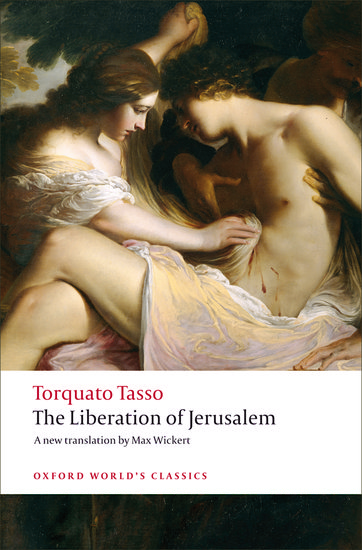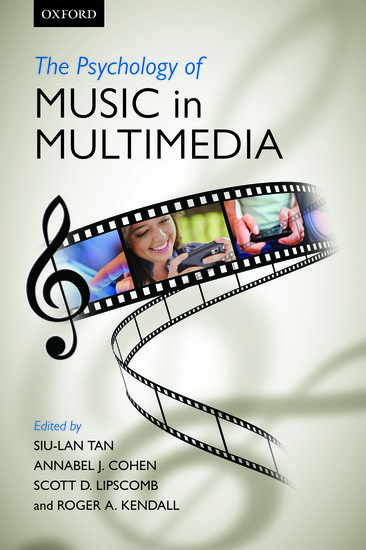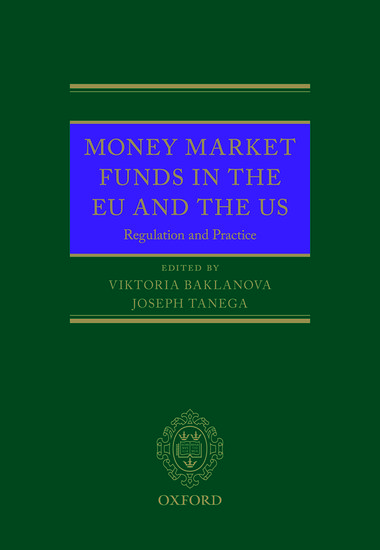‘Storytelling’ in oral history: an exchange
Silence, interrogation, confession, chronology, and stories. The Oral History Review (OHR) Volume 41, Issue 1 is now online and coming to mailboxes soon, and along with it Alexander Freund’s article, “Confessing Animals”: Toward a Longue Durée History of the Oral History Interview.”OHR Editorial Board Member Erin Jessee spoke with the University of Winnipeg professor over his novel approach to the oral history interview.










